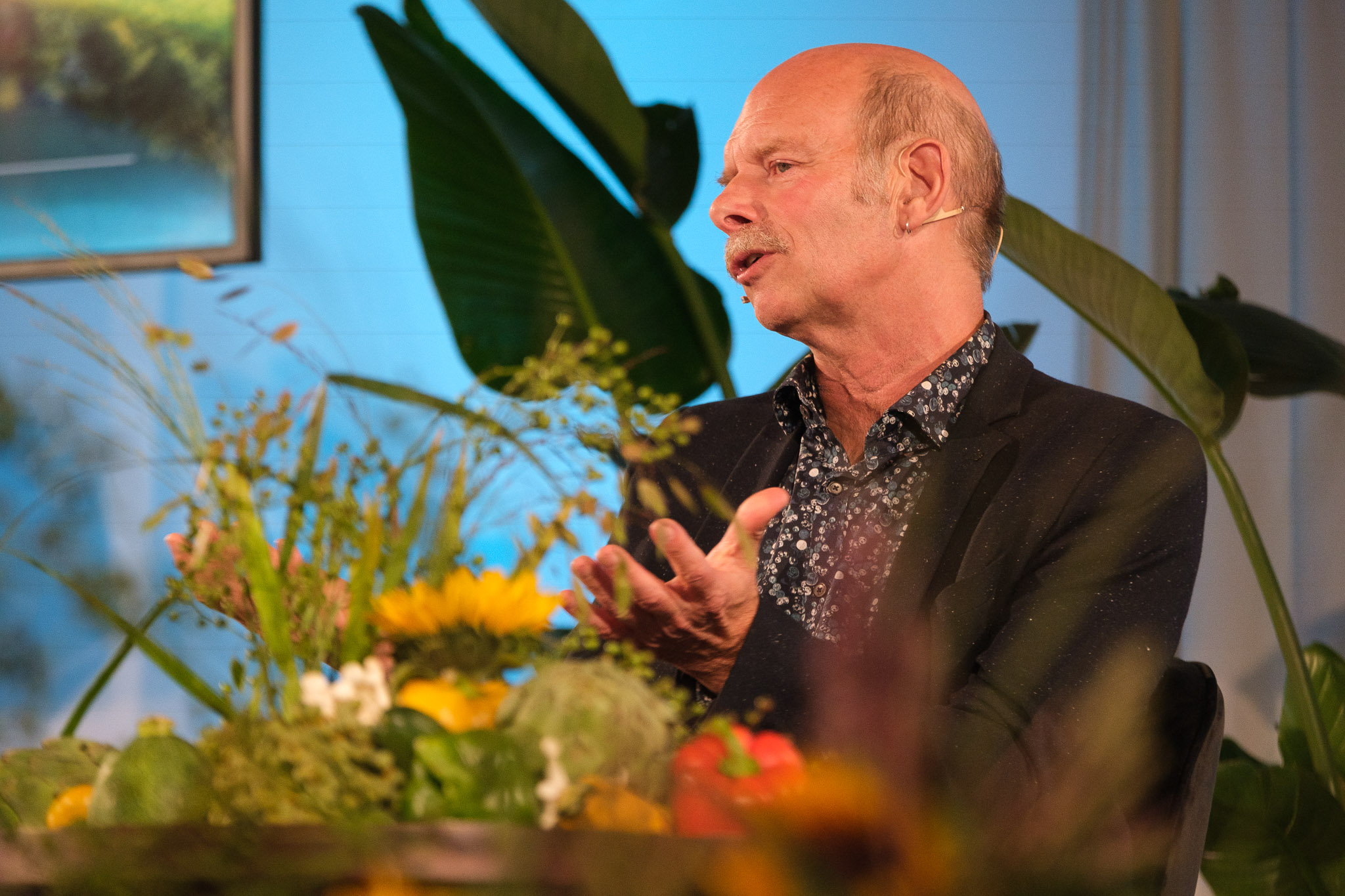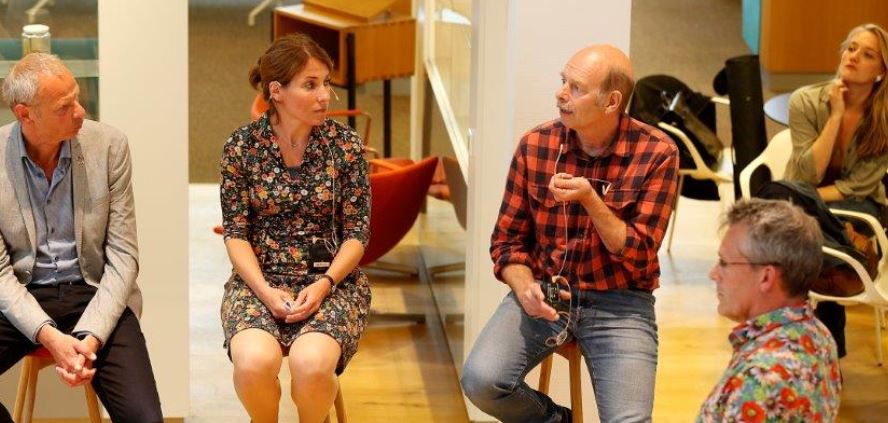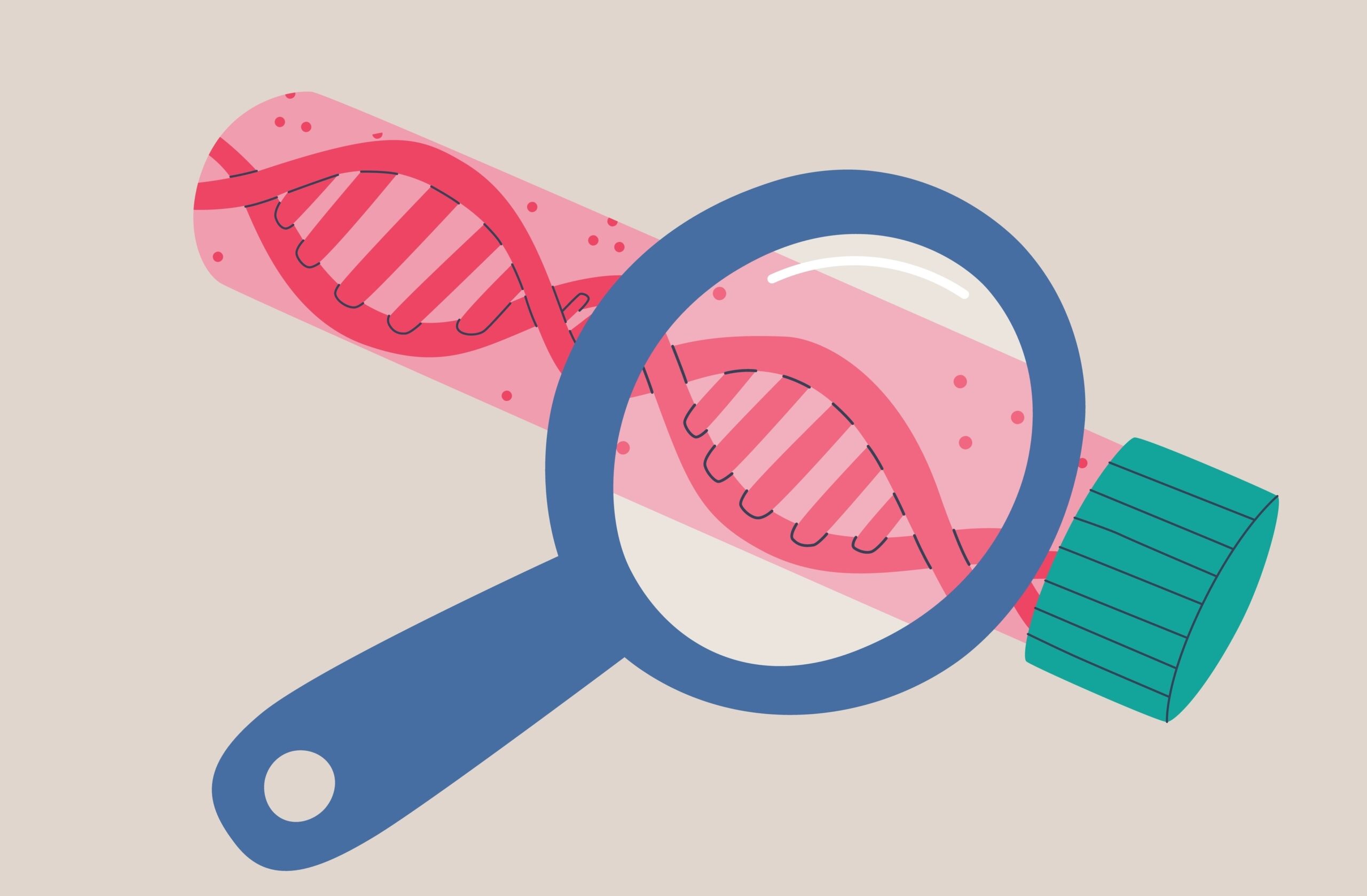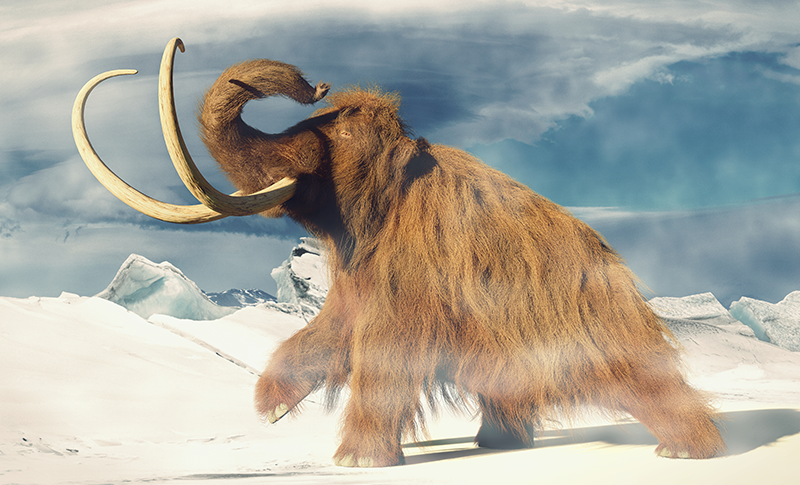WUR is to make five patents available free of charge for use by non-profit NGOs who aim to improve the world food supply. This was announced by Louise Fresco during the Opening of the Academic Year on 6 September. The patents are based on research conducted by microbiologist John van der Oost.
Van der Oost’s research on the bacterial immune system was funded by the Dutch Research Council NWO. ‘I was provided with funding for something completely different, but during the study, we shifted our focus and soon discovered that we were able to use the bacterial defence system for DNA-editing in all organisms. I am happy I was able to use the NWO funding in a flexible way.’
Compost
Years later, with funding from STW (a part of NWO), Van der Oost discovered a thermophile bacterium in a compost pile in Ede, containing a stable CRISPR-Cas9 system for DNA modification. His research yielded five patents held by WUR and NWO, which is why licences are now made available for non-profit organisations wanting to improve food crops. Van der Oost considers new drought and salt-resistant plants, but also plants that are resistant against pathogens.
What inspired Van der Oost to make his patents available?
One evening, he saw his colleague Christa Testering, professor of Plant-Physiology, on television explaining about her research on salt-tolerant crops and her collaboration with the International Rice Research Institute (IRRI) in the Philippines. Van der Oost was disappointed that European breeding companies do not wish to use CRISPR-Cas to develop better plant varieties and thought: perhaps the IRRI will be interested.
When he contacted an IRRI researcher with help from Testerink, the researcher was very interested. Following a meeting with patent expert Paul van Helvert, he pitched the idea to Louise Fresco, chair of the executive board, who responded with enthusiasm. The idea was further refined with Ernst van den Ende, director of the Plant Sciences Group and plant-biotechnologist Richard Visser.
Didn’t Van der Oost partner up with the Broad Institute in the US for the joint management of patents for CRISPR-Cas?
Indeed. Four years ago, WUR was offered a handsome fee from Editas Medicine, an American biotech company that wished to use the enzyme Cas12, patented by Van der Oost for medical applications. Van der Oost and his American colleagues can use this enzyme to precisely replace and repair DNS. WUR has subsumed the Cas12 patent with the Broad Institute, a subsidiary of MIT.
The five patents that Van der Oost, NWO and WUR are now making available are not subsumed in the US. Giving away user licences for CRISPR-Cas patents has not been done before.
How do the American patent holders feel about this initiative?
That is the question. Van der Oost hopes that institutes that hold many CRISPR-Cas patents, the Massachusetts Institute of Technology with researcher Feng Zhang and UC Berkeley with Nobel prize laureate Jennifer Doudna – will follow suit. He aims to ensure that CRISPR technology is used not only by wealthy businesses but also by non-profit institutes wishing to improve food supply and quality. He also hopes this initiative will lead to social acceptance of CRISPR technology and gene-editing.
What issues does CRISPR-Cas solve?
It is particularly useful to adjust complex properties in plants, such as salt resistance and drought resistance. Both are properties involving many genes. Through traditional plant breeding, the chance of crossing and activating ten correct genes is minimal. CRISPR-Cas enables you to edit these genes with precision.
Is CRISPR-Cas a technological or natural process?
CRISPR-Cas is a defence mechanism that bacteria use against viruses in nature and was discovered there. There are currently some sixty to seventy different CRISPR systems that have been discovered, among which the one discovered in a compost heap in Ede. Each different CRISPR system allows researchers like Van der Oost to develop applications with which they can modify the DNA of plants and animals. These applications are technological.

 John van der Oost during the Opening of the Academic Year. Photo Guy Ackermans
John van der Oost during the Opening of the Academic Year. Photo Guy Ackermans 

